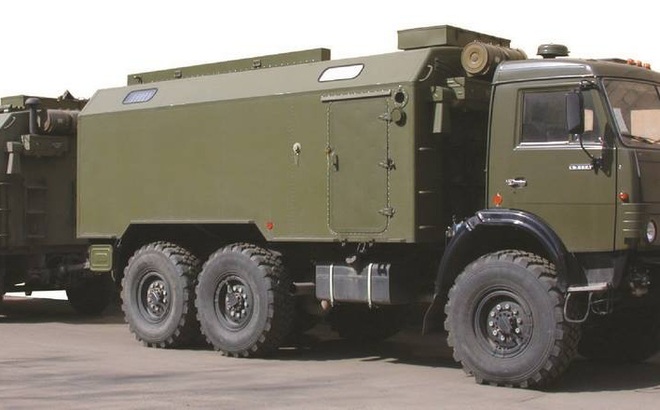John Kerry to visit Vietnam in last move of Obama "Pivot to Asia"
by Michael Peel in Bangkok
https://www.ft.com/content/5a749c66-d881-11e6-944b-e7eb37a6aa8e
Cam Ranh Bay port has emerged as strategic focus in region of disputed seas
John Kerry is to bring down the curtain on the Obama administration’s pivot to Asia with a trip to Vietnam, a country at the heart of the international security struggle over the region’s seas. The deepwater port in Cam Ranh Bay, which has served as a base for Russia, Japan and the US during a storied history, has emerged once again as part of a strategic scramble between great powers.
The visit by the outgoing US secretary of state, a Vietnam war veteran, is a last nod to a history of conflict that Washington has sought to overcome as it has wooed Southeast Asian states on security, trade and counter-terrorism. Analysts are seeking clues on whether Donald Trump’s White House will shift the US approach to the region — and to Beijing’s territorial claims in the South and East China Seas.
Jonathan London, a Vietnam specialist and academic at Leiden University in the Netherlands, said the visit would be a “momentous one, substantively, symbolically, and personally”. “While the pivot to Asia has been regarded as a failure, one of its undeniable and potentially enduring achievements has been precisely the development of warmer ties between Washington and Hanoi — to a point where the former adversaries came to regard each other as indispensable, if at times awkward, strategic partners,” he said.
Mr Kerry was due to arrive in Hanoi late on Thursday and to meet Nguyen Xuan Phuc, prime minister, and Bui Thanh Son, acting foreign minister, on Friday. He is scheduled to make a trip to Ca Mau province in the Mekong delta, where he fought during the war in a US Swift gunboat unit — a deployment that won him decorations but became a subject of dispute during his losing 2004 election campaign against President George W Bush. Mr Kerry, who campaigned against the war after his return to the US, played a big part in the Obama administration’s efforts to improve relations with Hanoi. The president visited Vietnam last year and announced an end to the 50-year-old US arms embargo.
Tillerson sets stage for clash with Beijing over South China Sea Trump nominee for top US diplomat threatens end of Chinese access to artificial islands The strategic facility at Cam Ranh Bay has become a focus of growing attention. It lies a few hundred kilometres from disputed island groups that are part of Beijing’s claims to most of the South China Sea. Vietnam has spent heavily upgrading the port, which was used by the imperial Russian navy in the early 20th century, Japanese ships during the second world war and US vessels in the fight to prop up the South Vietnam regime during the civil war of the 1960s and 1970s. The port was leased to the Soviet Union and Russia after communist North Vietnam’s victory in 1975.
In October, the destroyer John S McCain and submarine tender Frank Cable became the first commissioned US naval vessels to moor at Cam Ranh Bay since the Vietnam war. Chinese and Japanese vessels also visited the port last year.
While the pivot to Asia has been regarded as a failure, one of its undeniable and potentially enduring achievements has been precisely the development of warmer ties between Washington and Hanoi Some analysts say Vietnam and the US have a strategic interest in even deeper security co-operation despite a history that still weighs on the relationship. The Trump administration’s foreign policy goals in Asia remain unclear, although Rex Tillerson, the president-elect’s nominee for secretary of state, set the stage this week for a possible diplomatic clash with Beijing when he said China should be denied access to islands it has built in the South China Sea.
Le Hong Hiep, a research fellow at Singapore’s Iseas Yusof Ishak Institute think-tank, said: “The US is likely to maintain its rebalancing to Asia, and Vietnam will remain one of its key security partners in the region. However, Vietnam is somewhat uncertain about this prospect, and wants to hedge its bets by continuing to expand ties with other major powers and stabilising its relations with China.” Nguyen Phu Trong, the powerful general secretary of Vietnam’s ruling Communist party, is due to go to China at the same time as Mr Kerry’s visit, according to Chinese media. Vietnam has also made efforts to deepen its co-operation with other countries including India and Japan, whose prime minister, Shinzo Abe, is due in Hanoi next week.














